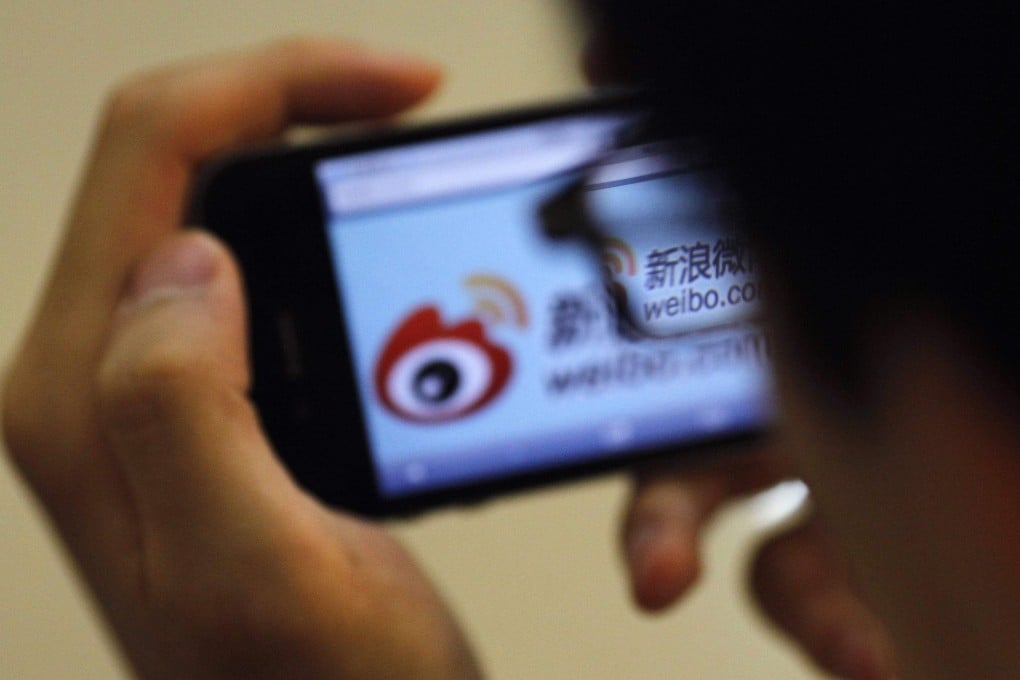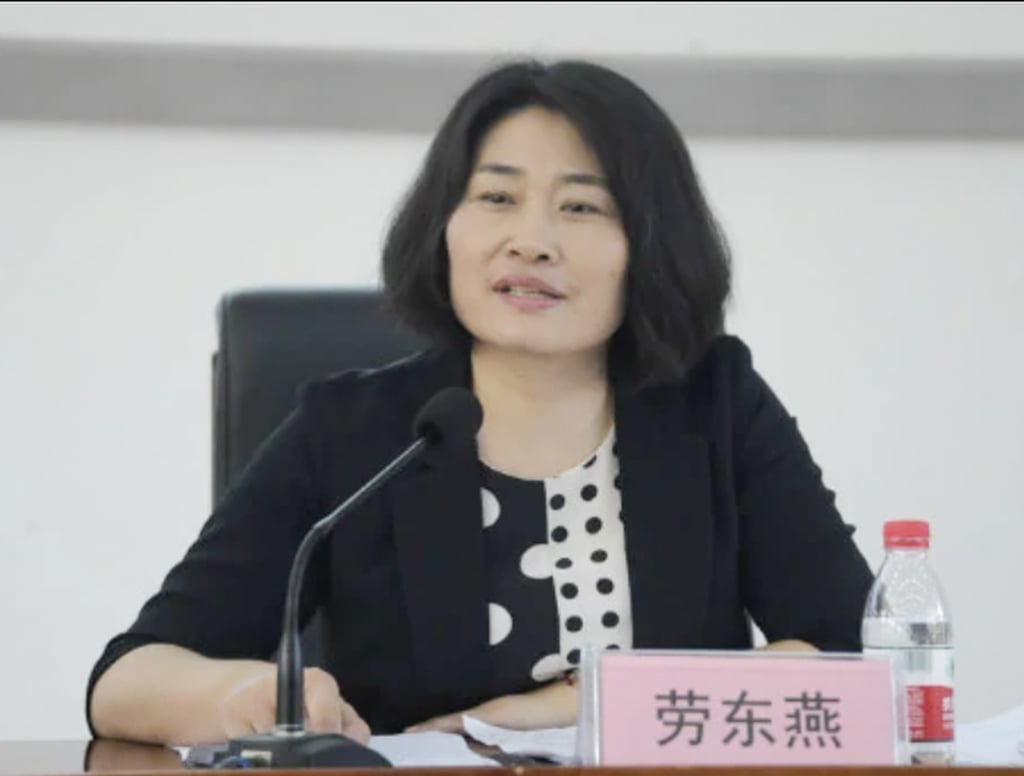My Take | China’s censorship of voices critical of proposed cyberspace ID sets a worrying precedent
- Chinese law requires new regulations to solicit public feedback, but legitimate concerns about giving netizens a single national ID are being silenced

In a proposed regulation published online for public solicitation last month, China’s Ministry of Public Security and the Cyberspace Administration outlined in a 16-article document plans for an national identification system that would authenticate the country’s netizens on all internet platforms. But there are worrying signs that public feedback is going unheeded.
In accordance with Chinese law, the proposed regulation was published to solicit feedback from the public as a necessary step before it becomes law. In theory, every Chinese citizen has the right to give feedback about the regulation until August 25.
The draft, titled National Network Identity Authentication Public Service Management Measures, has caught widespread attention, as it would affect every internet user in China. Like many newly proposed regulations, it is controversial.
Some people agree with regulators that a unified cyberspace ID – made up of unique strings of numbers and letters assigned to each person online – can help prevent internet platforms from abusing the use of personal data. Others, however, have questioned whether the regulation is necessary and whether it creates a single source for the state to turn off a person’s access to all internet services.

Currently, an internet user who violates rules on one platform can have their account locked or shut down but still be able to access other platforms. If every online account is linked to a single ID number, though, the government could in theory require all platforms block the user for an infraction on any one of them.

